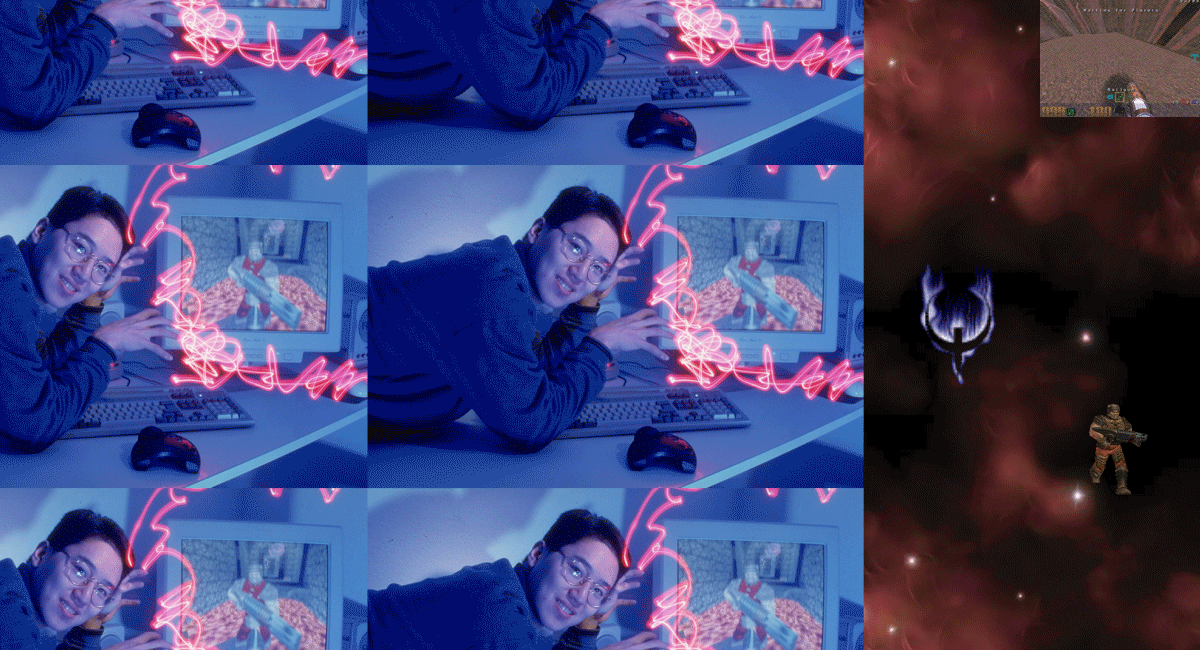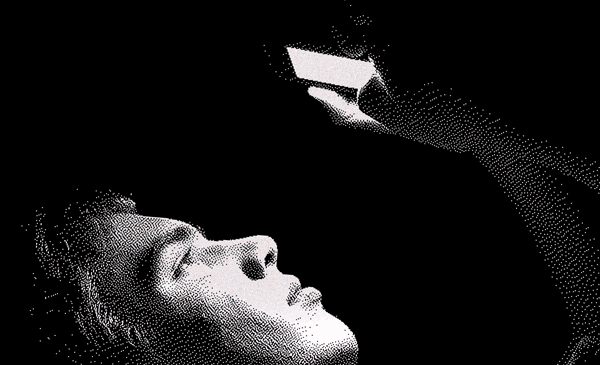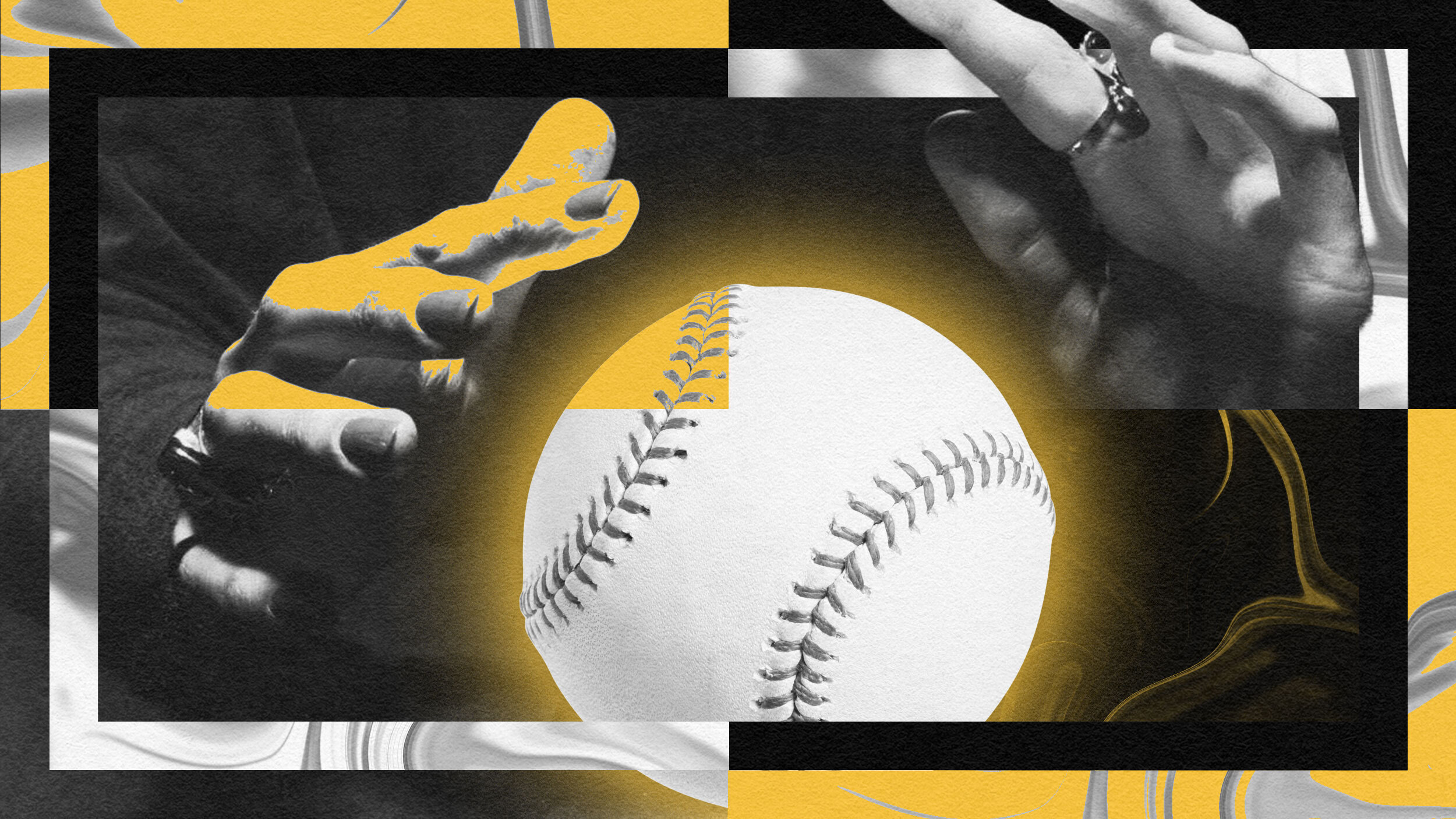What All The Harassment Stories In Astronomy Really Mean
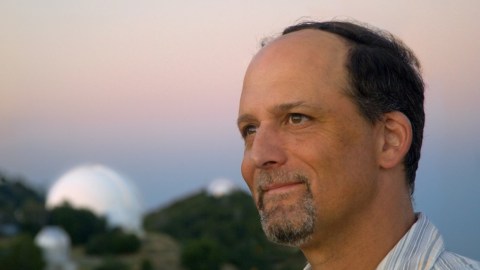
It’s not that Astronomy has a “problem” that’s unique; it’s that they’re actually doing something about it.
“Beauty provokes harassment, the law says, but it looks through men’s eyes when deciding what provokes it.” –Naomi Wolf
Geoff Marcy, pioneer in the field of exoplanet studies, was recently forced to resign from UC Berkeley for being found guilty of repeated sexual harassment and inappropriate behavior over his career, allegations which he — for the most part — denies.
Tim Slater, professor at University of Wyoming, has recently come under scrutiny for having been found guilty of violating the sexual harassment policy at University of Arizona back in 2004, yet remained there for another four years and his new employer, Wyoming, had no knowledge of his actions. (Update: Subsequent information has come to light; Wyoming had partial, limited knowledge of his actions and went ahead with the hiring anyway. No formal, subsequent allegations against Slater since 2008 have been made.)
And most recently, Caltech professor Christian Ott, a leading supernova researcher, was found to be in violation of his University’s conduct policy by inappropriately harassing, discriminating against and even firing students based on gender, and is not welcome back at the present time; Ott disputes these claims and denies any wrongdoing.
At the 227th meeting of the American Astronomical Society (AAS) last week, the results of the first large-scale survey from the Committee on the Status of Women in Astronomy (CSWA) were released, with over 400 astronomers responding. (Note, this post has been updated with additional, more accurate information based on the preliminary results that have been publicly released.) What they found was shocking:
- That more than 82% of all respondents (including men, women, people of color, and LGBTQ-identifying individuals) had reported hearing sexist remarks from someone that they worked with, with a full 44% reporting hearing it from their advisor.
- That 57% reported being personally, verbally harassed (and 9% physically harassed) because of their gender.
- That 24% of all respondents reported feeling unsafe in their workplace because of their gender.
- And of that 24%, more than 75% of those also reported skipping conferences, seminars or other opportunities for professional development because of a pattern of harassment and a culture that accepts it as part of the norm.
You might look at these reports, combined with the actions of senior professors, and conclude that astronomy has a serious problem when it comes to the safety and equal treatment of anyone who wasn’t a straight, white, cisgendered man.
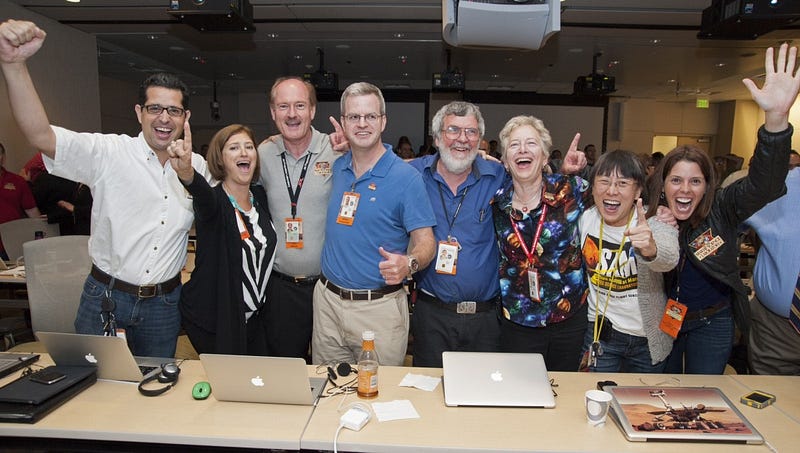
Indeed, many people have cited a “fear of personal or professional repercussions” as a prime reason not to speak out directly when they find these wrongdoings, and so most of what’s been communicated surrounding these issues historically has been part of a so-called whisper campaign.
But none of this — the wrongdoings and the lack of historical publicity about them — is the story here at all. Yes, it’s true, but it’s not the real story. The real story is that for hundreds of years, this has been the story throughout all of academia, and in a great many workplaces across the country and the world. There is discrimination in astronomy, there is widespread harassment, and it does go way beyond what has gone public from the three bad actors mentioned above. It goes beyond what Sarah Tuttle reports on Medium; it goes beyond the incidents that the New York Times reports; it goes beyond what Sarah Scoles at the Atlantic uncovered. It goes beyond discrimination in hiring, it goes beyond discouraging women, people of color and LGBTQ academics from entering the profession, and it goes far beyond the “leaky pipeline” problem.
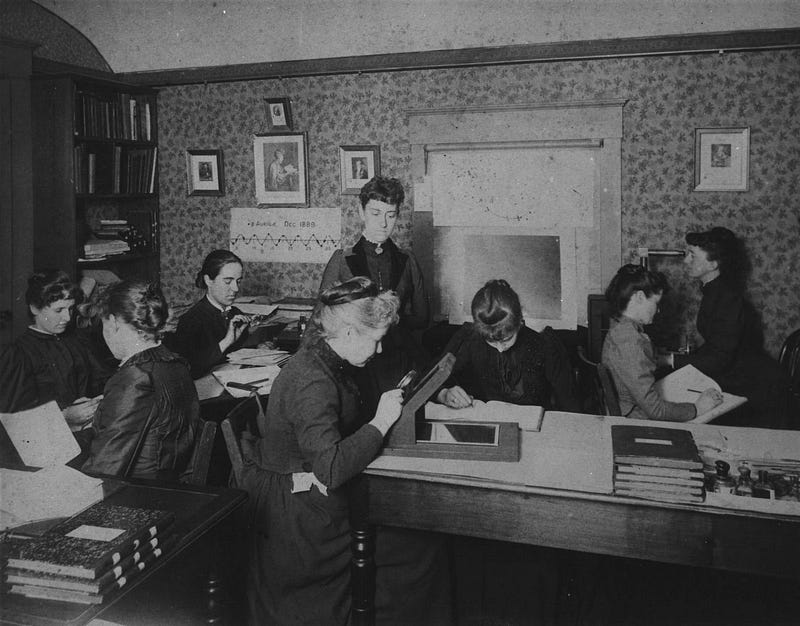
The story is that after generations where these unacceptable actions were simply treated as the way things are, the astronomy community is coming together and is determined to put an end to this.
The real story — the one you’re only seeing the beginning of — is that for the first time, these actions are getting the attention they deserve for what they truly are: unacceptable. A senior scientist’s right to control the fate, behavior, personal space and even the bodies of junior scientists is no longer going to fly. Creating a work environment that’s comfortable for some and less accessible to others based on gender, race, sexual orientation or identity has been the norm for a very long time, but all of that is changing.
Despite the news reports that are coming out now, and you can expect moreover the coming months, to be sure, this is actually an incredibly positive sign. For the first time, the whisper culture (where junior scientists are told, “avoid so-and-so, they treat female students in this unacceptable manner”) isn’t the primary option to protect people who aren’t in a position of power. Your University or College’s Title IX office isn’t your only resource. Instead, a culture change in astronomy is happening, where unacceptable behavior — sexism, racism, and other forms of bigotry and discrimination — is being made public, and offenders are being held professionally accountable for their actions that negatively impact their students, postdocs and colleagues.
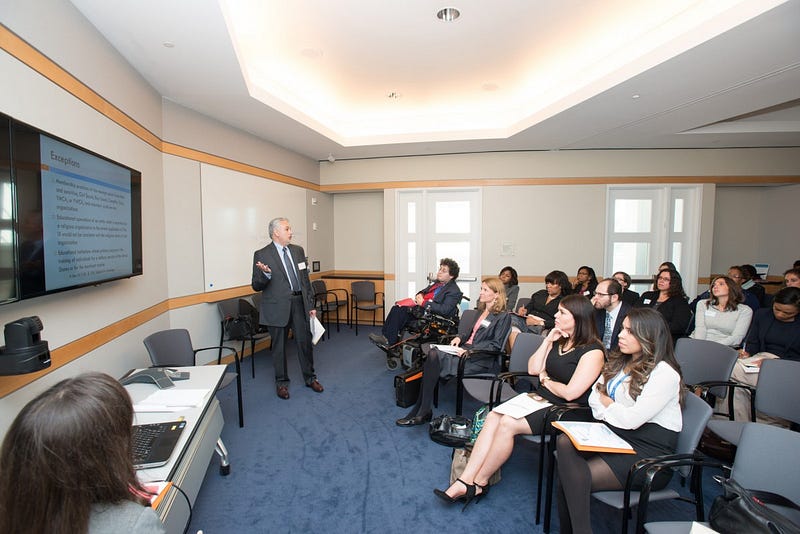
What you’re seeing isn’t a series of scandals indicative of a problem in astronomy; you’re seeing the astronomy community standing up, for the first time, with a commitment to righting one of the most longstanding wrongs in all of academia. Other fields, where sexism, racism and other forms of bigotry are far worse, including:
- physics,
- computer science,
- engineering,
- philosophy,
- and economics,
are still hotbeds for this type of unacceptable behavior. The big difference is that no scandals have broken (yet), because those communities aren’t taking the steps to make this change happen.
But the change is coming. The offenders aren’t victims of a witch-hunt or political correctness or hysteria. They’re perpetrators of a huge problem, and what you’re witnessing is a reckoning, where the community is coming together to end harassment, discrimination, and their acceptance within the community once and for all. This is hardest now for the women, people of color and LGBTQ people coming through the system now, but it’s up to all of us, especially to those of us who are cis, straight, white men, to push this field in the right direction. The only failure will be — as one of the panelists said during the AAS town hall — if we’re still having these same conversations five-to-ten years down the road.
Leave your comments on our forum, and check out our first book: Beyond The Galaxy, available now, as well as our reward-rich Patreon campaign!

